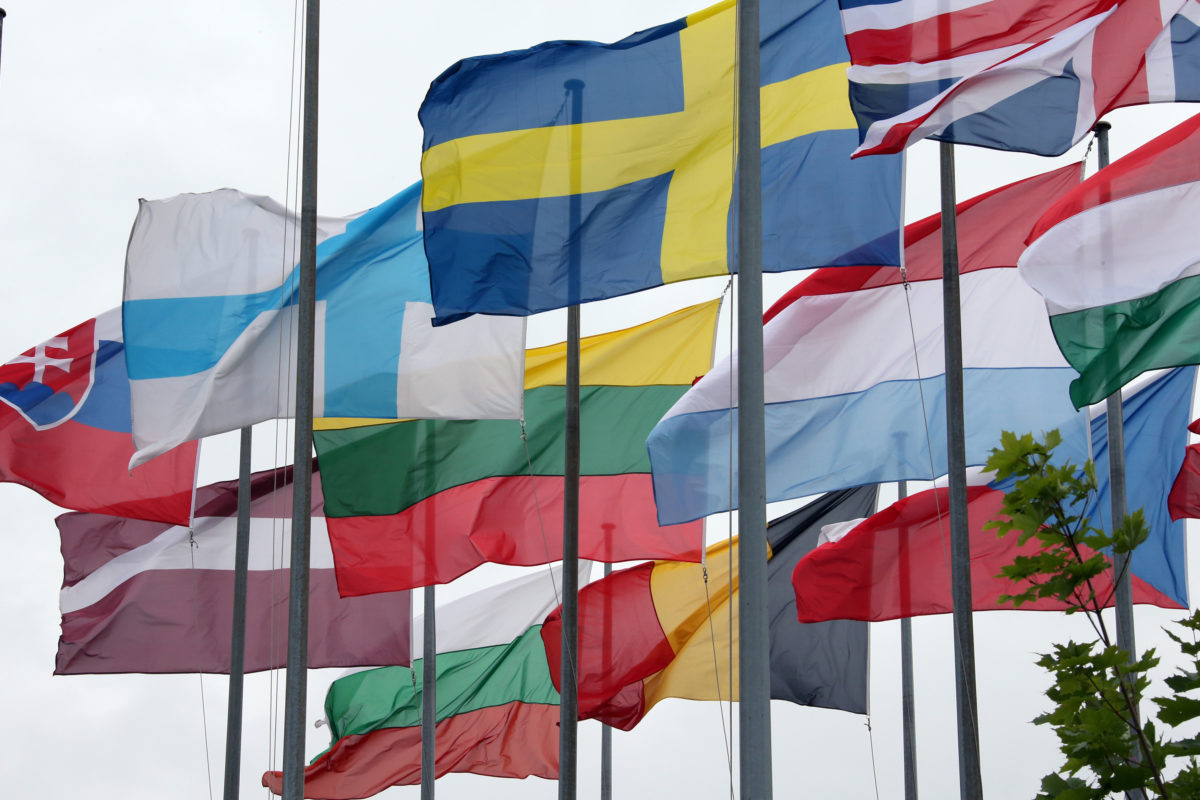The European Parliament’s Committee on Industry, Research and Energy (ITRE) has voted on a new binding renewable energy target of 35% by 2030. This represents a considerable improvement from the 27% target set by the latest version of Clean Energy Package 2020-2030, developed by the European Commission. The final version is expected to be released in 2018.
The committee MEPs have also agreed that, in the transport sector, at least 12% of energy consumed in each member state must come from renewables, such as solar or wind.
Furthermore, in a separate vote, they have proposed to lower energy consumption by 40%, and increase energy efficiency, by 2030 at the EU level, thus reflecting greater ambitions than the EU Commission, which proposed a 30% reduction. For the overall goal to be reached, each EU country will have to set its own corresponding national energy-efficiency targets.
The first resolution was approved with 43 votes in favor, 14 against and seven abstentions, while that for energy efficiency passed with 33 votes in favor, 30 against and two abstentions. They will now have to be approved by the European Parliament in January.
In their statement, the members of ITRE stressed the importance for EU countries to create stable regulatory frameworks, and avoid frequent and retroactive changes in their respective legislation for energy and renewables.
They also called for the removal of the charges, fees or taxes imposed on self-consumption, and the assessment of existing barriers that are hindering its development; and have asked all EU governments to simplify conditions or procedures for the creation of renewable energy communities.
Commenting, Rapporteur of the renewables file, José Blanco Lopez, said, “Europe needs more ambition in renewables to meet the Paris commitments, combat climate change and lead the energy transition. The Industry and Energy Committee, through a very broad majority, defends raising the binding target for renewables at EU level from 27% to 35%, to enshrine self-consumption as a right, to give security and certainty to investors and to increase the ambition in the decarbonisation of transport and heating and cooling sectors.”
Unified power market
The Clean Energy Package 2020-2030, which is also known as the Winter Package, is based on the idea of a unified power market with an improved interconnected network, and a broader ability to produce huge volumes of power from “unpredictable” solar and wind, and to move between countries or within national markets.
The package has so far been met with mixed reactions from the energy industry, and has been criticized by several players in the European renewable energy sector, including the European PV association, SolarPower Europe, as not being ambitious enough.
Until now, the main criticisms pointed to the lack of binding targets for renewable energy development, and the lack of a clear indication for the phasing out of coal and nuclear power. The elimination of the dispatch priority for renewables, which is expected to be maintained only for small or high-efficiency cogeneration installations less than 500 kW in size, as well as the possibility of maintaining remuneration mechanisms – although only for newly-built power plants exceeding a benchmark of 550 grams of CO2 per produced kWh – were also criticized as favoring fossil fuel power producers.
The package, however, recognizes the role of prosumers for the first time, and envisages a future in which self-consumption and storage are mainstream solutions, and small power producers and energy communities become an active part of the energy system.
A warm welcome
This has led to a number of renewable energy associations voicing their support of the increased targets, including SolarPower Europe, which underlined the importance of these ambitions in the light of job creation and investments in renewables.
“The European Parliament has shown ambition by adopting an EU binding renewable target of at least 35% by 2030. This will see more jobs and more solar installed in Europe, this is exactly what we need to accelerate the European energy transition. Through this vote MEPs send a clear signal, that Europeans expect investments in renewables to increase in the next decade compared to the current one. We now call on the Council to endorse these ambitions and make sure Europe leads on renewables,” said CEO, James Watson.
SolarPower Europe, which was the first association to call for 35% by 2030 renewable target back in 2016, has recently forecast an encouraging future for the continent’s solar industry with as many as 94,000 new solar jobs by 2021 and positive political engagement by leading EU Member States underpinning the growth, as shown in its Solar PV Jobs & Value Added in Europe report.
This content is protected by copyright and may not be reused. If you want to cooperate with us and would like to reuse some of our content, please contact: editors@pv-magazine.com.





“while that for energy efficiency passed with three votes in favor, 30 against and two abstentions.”
Is that correct, isn’t it a no vote, and aren’t there 29 votes missing?
Many thanks for the catch! We have amended the article to reflect the correct figures.